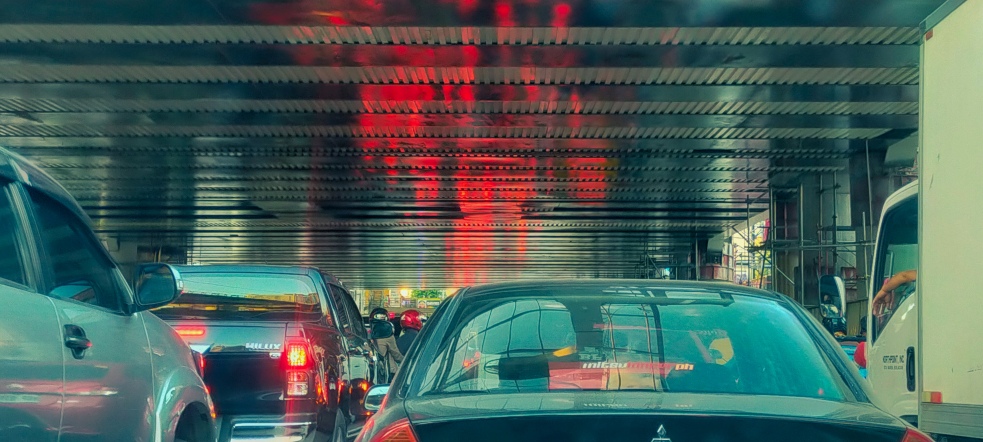When I heard “Don’t Make It My Brown Eyes Blue” by Crystal Gayle blaring from the living room, I knew it was 6 p.m., and my dad’s day was about to end.
The 1977 hit single is one of the many songs in my dad’s playlist, which I had collated on a USB. In the final years of his life, as his body got weaker every minute, his scant energy was spent listening to music. He pressed the play button at exactly 8 a.m. and didn’t press stop until evening crept in.
The effect became a lesson in harmony and timing: Every minute and every hour had a dedicated soundtrack. Each song and time of day were so in sync that wall clocks became useless fixtures.
The mornings were animated by Air Supply classics like “Even The Nights Are Better,” “Every Woman In The World,” and “Here I Am.” When Don McLean’s fragile vocals come in, followed by Loggins & Messina’s hearty country ballads, dishes and utensils started clinking for lunch. Later in the afternoon, as the living room turned into a sauna, The Beatles kept our cool. I made sure I was near the speakers when “With a Little Help from My Friends” played. “And I Love Her,” my dad’s song for my mom, was sometimes played thrice in a row.
Forty days without my dad, when “Reminiscing” by Little River Band comes on, I see him in my mind’s eye eating dinner and drinking milk. His favorite vegetable was okra. Instead of the recommended three scoops of powdered milk, I added two more because he likes it very dense and creamy.
The sound and silence corresponded to his presence and absence. When the music blasted from the speakers, we knew he was in his wooden chair, bobbing his head to the rhythms of The Beatles. Sometimes he sang along with his gravelly voice. When the music was reduced to a gentle hum, we knew the wooden chair was empty, and my dad was either taking his afternoon nap in the room nearby or taking a bath.
Since my dad passed, sometimes the music is on, sometimes it’s not. Sometimes I turn the volume up because the silence is too tough to bear. Sometimes I turn it off to confront it. I do not want to debase grief. I know that the sound of the future will be eternal hollow echoes and occasional chirping from lost birds in the living room. Music and silence in the living room will only mean life and departure. If I see someone sitting on the wooden chair, I know it isn’t my old man.
Is there a manual for mourning? The grieving process involves friends and family, but once the bottles are empty and the stories end, I’m all alone in my room, doused in deep melancholy and regret, praying that I see him in my dreams.
It’s the only opportunity I have to talk to him again. Our last extended conversation was about a 100-year-old man who is still alive and kicking. My dad was amazed at the man’s diet while I sarcastically told him I’d be happy to die at 60.
I wish we talked about something else. Like his crooked teenage adventures in Caloocan. Or his random tips about exercise and fitness. Maybe we didn’t have to talk at all and watched Godfather 2 for the umpteenth time and simultaneously leaned toward the screen as John Cazale’s genius with a reclining chair unraveled.
I miss him every day. I fill the torpor of listless Saturdays with our photo albums to reminisce on the days that were. It’s difficult to find a solo photo of him. He was always surrounded by friends and relatives or lugging a baby.
The photos featuring him diminished as the years passed, both in our photo albums and digital archives. I became less involved in his life and vice versa. Is this part of growing up or just mere recklessness? Why do we blame childishness and puberty for taking people for granted?
Every night, as tears blur my eyes, I am paraphrasing wishes in my head. I wish I did this. I wish I did that. I wish there were more days we were together than we were apart. I wish that when he heard “Don’t Make It My Brown Eyes Blue” by Crystal Gayle for the final time, I was there, humming along with him.


